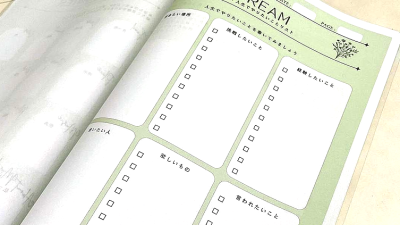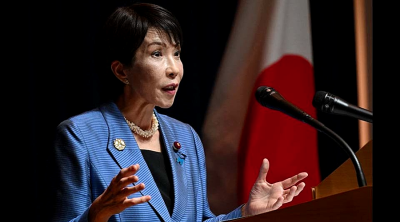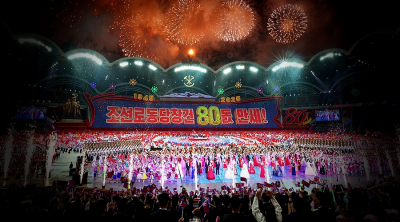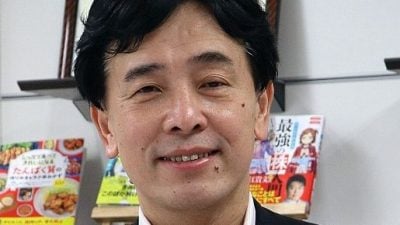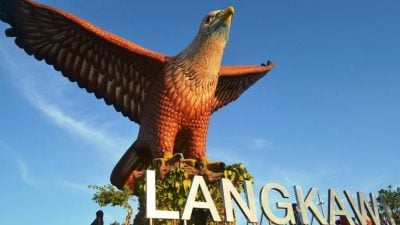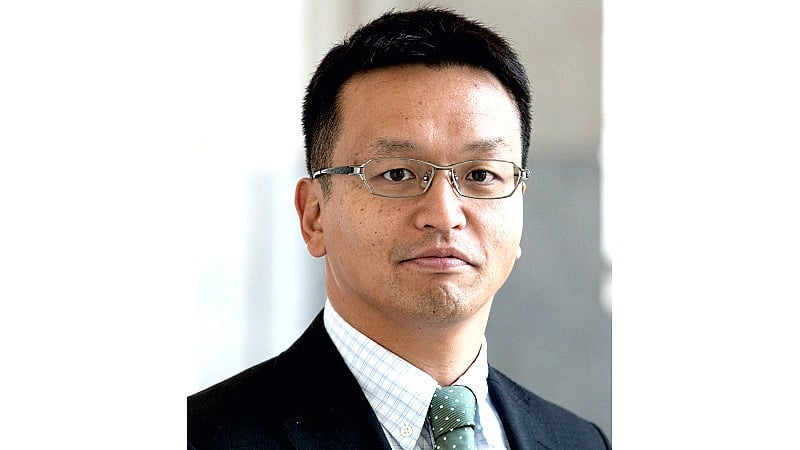
Amid slumping cabinet approval ratings, at the end of September Prime Minister Yoshihide Suga bowed out of the Liberal Democratic Party’s upcoming presidential election. While Japan’s top job will be changing hands after just one year, during this time the Suga administration has made no progress at all on what it declared to be its top priority: the abduction issue.
Of course Prime Minister Suga found himself pressed by the true “top priority,” namely measures to deal with the COVID-19 pandemic, and was unable to give serious attention to Japan-North Korea relations.
From the outset, the Suga administration’s policy toward North Korea lacked any unique qualities, with the Prime Minister simply stating that he would carry on with the policies that had been pursued by the Shinzo Abe administration over the last eight or so years since 2012.
Towards the end of his administration, then Prime Minister Abe indicated a willingness to take part in a summit meeting “without conditions” with Kim Jong-un, North Korea’s President (of the State Affairs Commission, the de facto leadership body of North Korea), but no such meeting materialized, and Abe stepped down as PM without securing the return of a single abductee.
From 2018 to 2019, President Kim went on the diplomatic offensive, meeting with President Trump three times, President Xi Jinping five times, and taking part in three summit meetings with President Moon Jae-in. He even held top-level talks with the leaders of Russia, Singapore and Vietnam, but decided to ignore Prime Minister Abe’s proposal of unconditional talks.
Since Prime Minister Abe had been taking every opportunity to say that “I will bring back all abduction victims with my own hands,” despite mentioning “without conditions,” he would not have gone into a summit meeting without the expectation of making actual progress on the abduction issue. The North Korean side, of course, saw right through this.
Nineteen years ago, Prime Minister Junichiro Koizumi held the first-ever summit meeting between Japan and North Korea and successfully brought five abduction victims back to Japan. This was the result of Koizumi continuing to believe that the issue could be solved and persevering to achieve a breakthrough despite North Korea long dismissing the abduction issue as having been fabricated by the Japanese government.
The reality of a scary-looking National Defense Commission Chairman Kim Jong-il being forced to apologize was a diplomatic victory rarely seen in modern Japan.
At the time, I was working as a low-ranking official at the Japanese Embassy in Beijing, and until right before it happened, I could not have even imagined that preparations were underway for a summit meeting between Japan and North Korea in Pyongyang.
In those days, back-channel communications were handled with the utmost secrecy, a far cry from Prime Minister Abe’s approach of trying to take credit whenever there were developments on North Korea issues.
Just as Japan has grown distrustful of North Korea on the abduction, nuclear and missile issues, North Korea has become distrustful of Japan.
Prime Minister Abe, who has strongly condemned North Korea and gained popularity among the Japanese people for unique sanctions and other hard-line policies on North Korea, had no intention of improving Japan-North Korea relations by solving the abduction issue. Instead, he only sought to use the issue for domestic politics. For its part, North Korea leveled profanities at Abe, labeling him a “rogue with no human value,” a “low-life,” and so on.
In 2014, North Korea prepared an investigative report indicating that there were two surviving abductees, but the Abe administration refused to accept the report. It is believed that since neither of the two abductees had remaining relatives and there would be no joy of them being reunited with family members upon their return to Japan, Prime Minister Abe calculated that the move would not boost the standing of his administration.
North Korea did not launch personal attacks on Prime Minister Suga to the extent it did with his predecessor. But as with the Abe administration, by looking at who is delivering official statements from North Korea, we can see how North Korea is dismissive of the Suga administration.
While it is nothing out of the ordinary for the Japanese PM to denounce North Korea by name, President Kim Jong-un has never mentioned Japan directly during a “New Year’s Address” or similar occasion. Although Japan is repeatedly criticized by Korean Central Television or the Rodong Sinmun, the person making the comments is not a high-ranking official such as Kim Yo-jong, who is responsible for criticizing the US and South Korea, or Kim Yong-chol, head of the United Front Department.
At best, mentions of Japan will be attributed to a “researcher at the Institute for Japanese Studies of the North Korean Foreign Ministry,” an “spokesperson of Olympic Committee of the DPRK,” or someone of similar standing. This suggests North Korea is not willing to deal with Japan at the moment.
Over this long period of stagnation in Japan-North Korea relations, China’s GDP has risen to second spot, pushing economic powerhouse Japan into third place, while South Korean income per capita is now on par with Japan.
For its part, North Korea sees it as more expedient to gain the partial lifting of economic sanctions from the US and receive assistance from China and South Korea than to count on Economic Cooperation Fund money from Japan in connection with the normalization of diplomatic relations. Despite this, many Japanese politicians fail to realize that the current environment is vastly different from the days of the Koizumi administration.
The families of abductees have no choice but to depend on the administration of the day, but the Suga administration has failed to make even back-channel contact with North Korea, with “the abduction issue is the Top Priority” mantra cementing itself as an empty platitude not backed by action. As the remaining abductee families in Japan continue to age, it is feared that the abduction issue will fade away.
(Atsuhito Isozaki is Professor at Keio University, Japan.)
ADVERTISEMENT
ADVERTISEMENT








